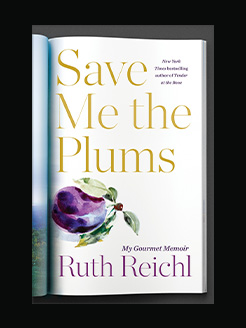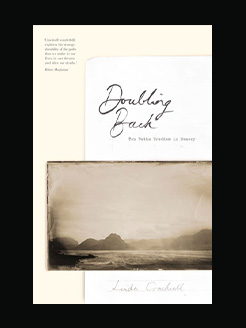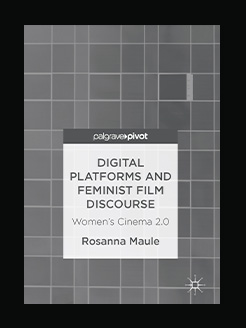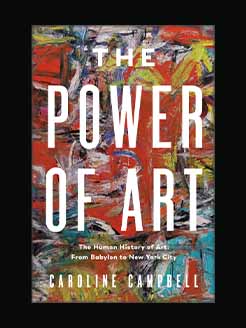Published in 2010
262 pages
Kecia Ali is an Associate Professor of Religion at Boston University. She writes on early Islamic law, women, ethics, and biography. Her books include Sexual Ethics and Islam (2006), Marriage and Slavery in Early Islam (2010), Imam Shafi’i: Scholar and Saint (2011), and The Lives of Muhammad (2014). She co-edited the revised edition of A Guide for Women in Religion (2014), which provides practical guidance for careers in religious studies and theology. An expanded tenth anniversary edition of Sexual Ethics and Islam is forthcoming in early 2016. Ali is active in the American Academy of Religion and serves as president of the Society for the Study of Muslim Ethics.
What is this book about?
What did it mean to be a wife, woman, or slave in a society in which a land-owning woman was forbidden to lie with her male slave but the same slave might he allowed to take concubines? Jurists of the nascent Maliki, Hanafi, and Shafi’i legal schools frequently compared marriage to purchase and divorce to manumission. Juggling scripture, precedent, and custom on one hand, and the requirements or logical consistency on the other, legal scholars engaged in vigorous debate. The emerging consensus demonstrated a sell-perpetuating analogy between a husband’s status as master and a wife’s as slave, even as jurists insisted on the dignity of free women and, increasingly, the masculine rights of enslaved husbands.
Marriage and Slavery in Early Islam presents the first systematic analysis of how these jurists conceptualized marriage (its rights and obligations) using the same rhetoric of ownership used to describe slavery. Kecia Ali explores parallels between marriage and concubinage that legitimized sex and legitimated offspring using eighth- through tenth-century legal texts. As the jurists discussed claims spouses could make on each other (including dower, sex, obedience, and companionship) they returned repeatedly to issues of legal status — wife and concubine, slave and free, male and female.
Complementing the growing body of scholarship on Islamic marital and family law, Ali boldly contributes to the ongoing debates over feminism, sexuality, and reform in Islam.







